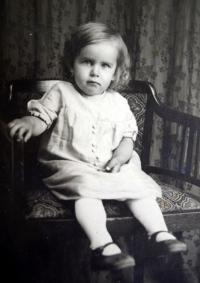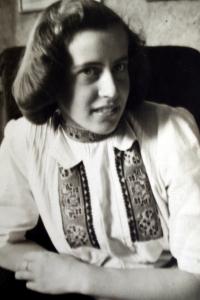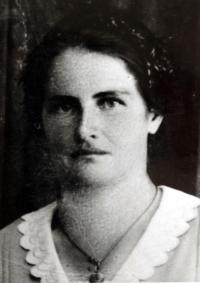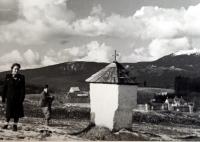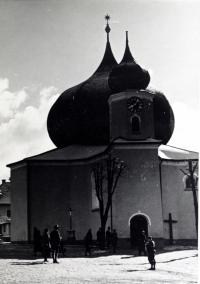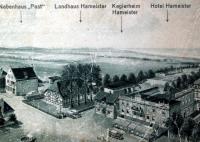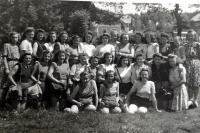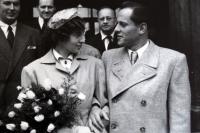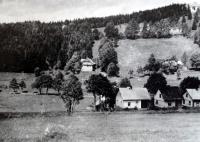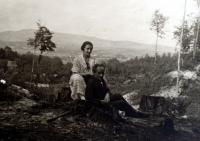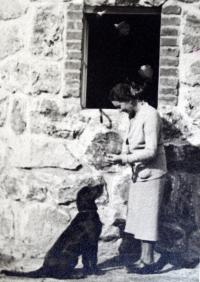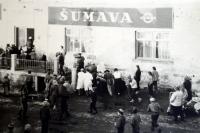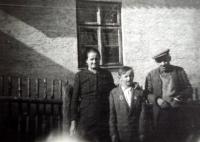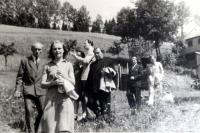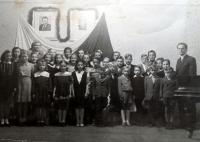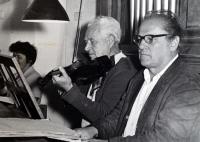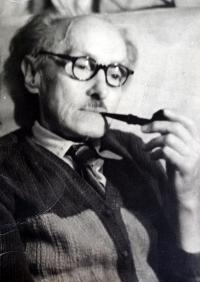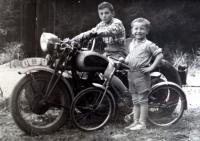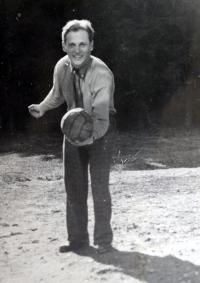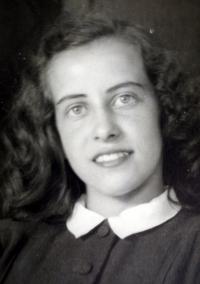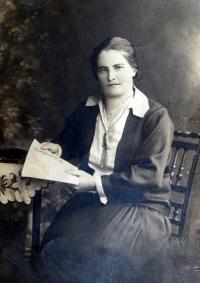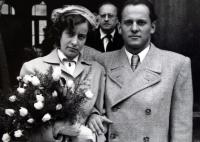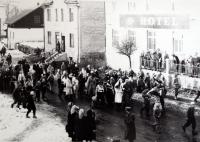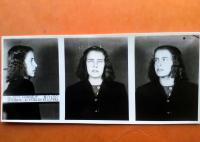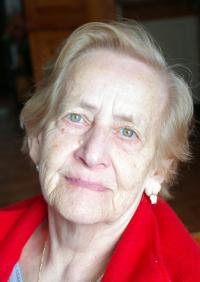They all hated Hitler after the war, but it was already too late

Download image
Marie Antošová, née Heiny was born December 29, 1932 in Železná Ruda (Eisenstein in German). Her mother was a German, her father was a Czech and her parents were not married. In September 1938 the German authorities ordered them to temporarily leave their home and together with other German inhabitants of the border areas they were taken to Germany. Hitler anticipated that fighting would take place in the Czech borderlands. In 1941 she and other children from the Sudetenland were taken away by the German Red Cross to the German Reich to be re-educated. Marie refused to stay there and she returned to her family. Her mother was forced to undergo sterilization so that she would not be able to get pregnant with a Czech again. Marie experienced the liberation of Železná Ruda by the American army as well as local fighting in its environs. After the end of the war she faced hatred and disdain from the returning Czechs as well as from American soldiers. In summer 1948 when she was fifteen years old she was arrested during a dramatic gunfight for helping others with illegal border crossing and she was investigated by the StB who suspected her from cooperating with the American intelligence service CIC. As a juvenile she was sentenced to four months of imprisonment. A year later she married musician Vladimír Antoš and they had three sons. Železná Ruda became part of a restricted border zone in the 1950s. The family remained in Železná Ruda even in those times, with all the consequences ensuing from living behind the Iron Curtain. Marie Antošová is a widow, she lives in Železná Ruda and she is actively engaged in the public life.
